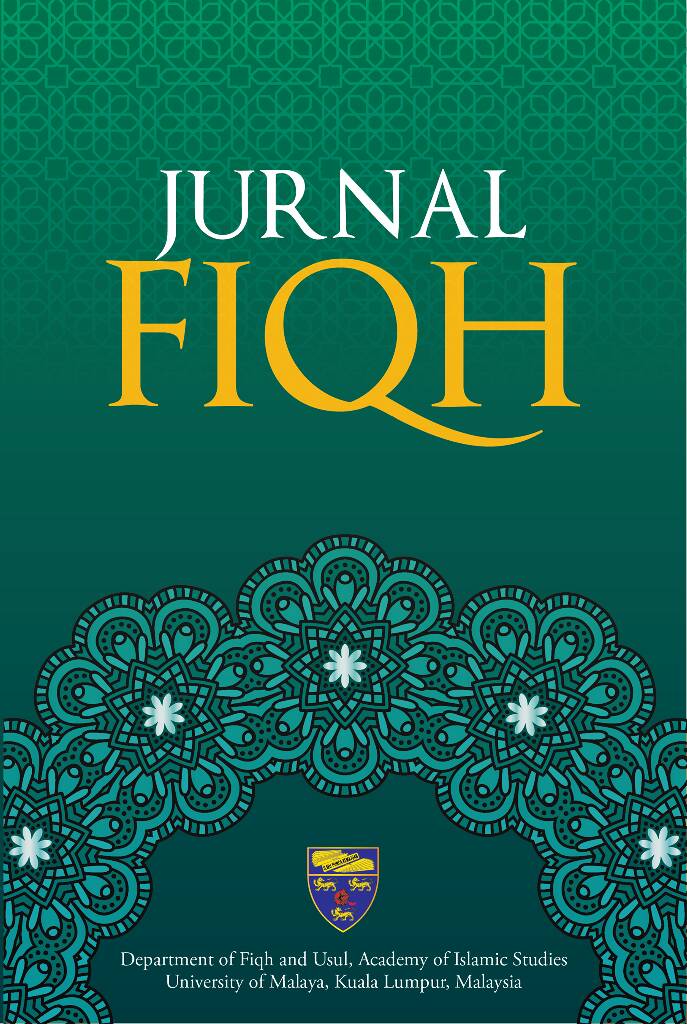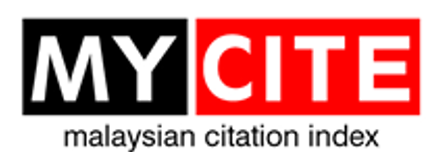Cabaran Kalendar Islam Global di Era Revolusi Industri 4.0
Global Islamic Calendar Challenge in Era Industrial Revolution 4.0
DOI:
https://doi.org/10.22452/fiqh.vol18no1.4Keywords:
Hijri, IR.4.0, Global, Islamic CalendarAbstract
Muslims’ aspiration to have an international or global Islamic calendar has long been discoursed through various meetings nationally and internationally. In this context, Malaysia has played an imperative role through the “World Conference on International Islamic Calendar” on 29 Rabiul Awal-2 Rabiul Akhir 1412 H/8-10 October 1991 at Science University of Malaysia (USM) Penang. This meeting instigated programs and steps towards the unification of the International Islamic Calendar and also known as the “Penang Declaration of 1991. In 2016/1437, Conference on the Unification of the Islamic Calendar which had been held in Turkey has established the concept of global Islamic calendar. The Principle of the Global Islamic Calendar has an epistemological basis that allows the realization of “One Day One Date for the Whole World”. However, not entire Muslim recognized the Turkey’s 2016/1437 results positively. The tendency of rejection is more influenced by the fiqh aspect. Some Muslim assume that the Turkey’s 2016/1437 decision ignores the “fiqh” the concept of matla’ so which has been applied all this while. Therefore, tahawwul al-fikr of Islamic calender from locality to global base is vital by reviving the understanding of hadiths regarding ru’yah and matla’.








